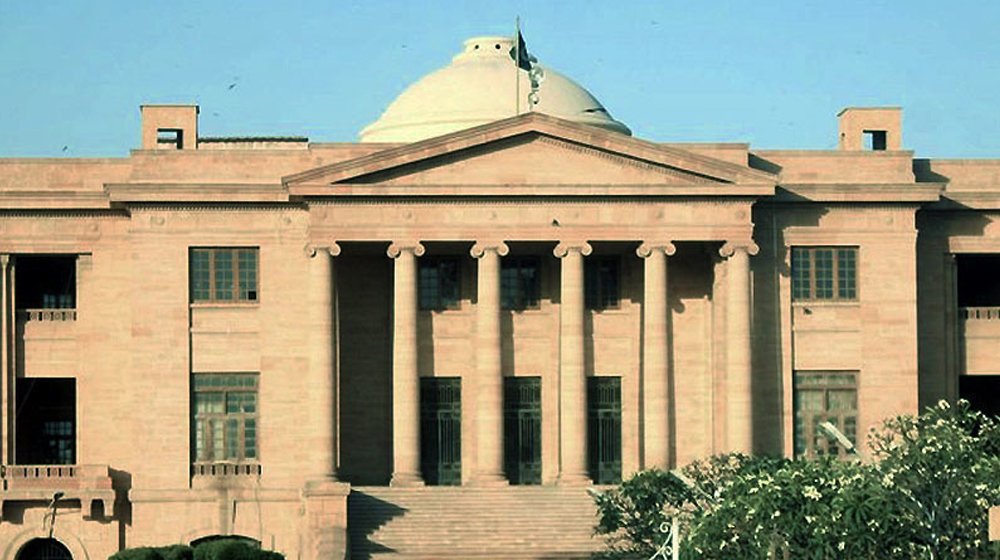The Sindh High Court (SHC) has taken up the issue of the imposition of Federal Excise Duty (FED) on the allotment or transfer of commercial properties and the first allotment or first transfer of open plots or residential properties under the Finance Act 2024. The SHC has issued notices to the Federal Board of Revenue (FBR) to submit comments on the issue.
In this regard, the FED on immovable properties within the jurisdiction of provinces has been challenged before the SHC.
The FBR has notified two forms: Form-A and Form-B. Form-A is related to the Computerized Payment Receipt (CPR-FE), and Form-B deals with the details of the payment of FED on the property, including the name of the buyer, location of the property/area, consideration received, and FED rate/FED paid, etc.
According to the FBR’s procedure for the collection of duty, every developer or builder, at the time of allotment or transfer of commercial property and the first allotment or first transfer of open plots or residential property, shall collect duty at the rate of 3 percent of the gross amount of consideration involved where the buyer is appearing on the active taxpayer list maintained under section 181A of the Income Tax Ordinance on the date of acquisition of the property.
The FED would be 5 percent of the gross amount of consideration involved where the buyer has not filed the income tax return by the due date as specified in the proviso to rule IA of the Tenth Schedule to the Ordinance.
The FED will be 7 percent of the gross amount of consideration involved where the buyer does not appear on the active taxpayer list maintained under section 181A of the Ordinance on the date of acquisition of the property.
The duty collected by the developer or builder shall be credited to the federal government on the same day through a computerized payment receipt (CPR) or SWAPS payment receipt (SPR) as set out in Form “A” attached.
The developer or builder shall furnish to the Commissioner a monthly statement as per Form “B” attached to these rules.
The rules state that where, for any reason, the duty is not paid or short-paid, by way of credit to the federal government, by the developer or builder, the officer of Inland Revenue having jurisdiction over the developer or builder for the Act shall proceed to collect the amount of duty so unpaid or short-paid under section 14 of the Act and the amount of default surcharge under section 8 of the Act on the duty unpaid or short-paid for the period commencing on the date on which the duty was due and ending on the date on which it was paid, the FBR said.
Where, at the time of recovery of duty, it is established that the duty that was to be collected from a person has meanwhile been paid by that person, no recovery shall be made from the developer or builder who had failed to collect the duty, but the developer or builder shall be liable to pay the default surcharge at the rate as provided under section 8 of the Act from the date the person failed to collect the duty to the date the duty was paid, the FBR added.
The FBR has also notified that the “developer” means a person engaged in the development of land for conversion into residential or commercial plots and sale thereof and includes a housing society, a cooperative society, a development authority, or a similar entity engaged in the development of land for conversion into residential or commercial plots and sale thereof.
The “builder” means a person engaged in the construction of residential or commercial buildings for sale thereof, and includes a housing society, a cooperative society, a development authority, or a similar entity engaged in the same construction activity, the FBR added.










